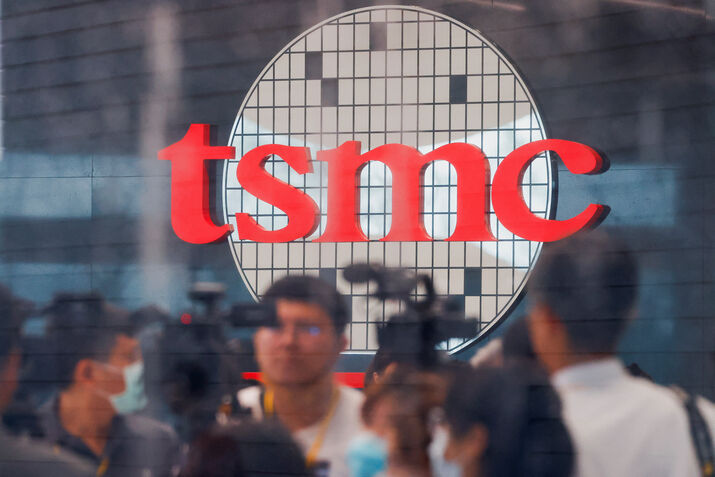UBS analysis: Emerging markets show mixed outlook amid global volatility

Analysts at UBS issued a research note on Monday, offering a cautious view on emerging market (EM) equities, rated as neutral in their global strategy.
Recent U.S. economic data has been weaker than expected, particularly in the labor market. This has led markets to anticipate a higher risk of recession and more aggressive interest rate cuts by the Federal Reserve.
At the same time, the Bank of Japan's tighter monetary policy has caused volatility in Japanese markets and affected global markets. Geopolitical tensions in the Middle East have also contributed to broad market sell-offs.
Despite global market turmoil, the economic outlook for emerging markets remains relatively healthy, although momentum is slowing. Analysts believe that earnings leaders in emerging markets are becoming more attractive, even though short-term volatility is likely to continue.
Markets like mainland China, which focus more on domestic activities, should provide some stability.
UBS favors South Korea and mainland China within the emerging markets. China is expected to perform well due to potential policy support and strong corporate fundamentals.
South Korean stocks, though recently hit by global issues, have strong earnings growth potential and exposure to key trends, making them a good investment if the Federal Reserve cuts rates without causing a recession.
UBS took profits on their EM tech investments in July after the sector corrected by nearly 14%. Despite this, tech companies in emerging markets are still expected to show strong profit growth this year. UBS suggests investors should use this opportunity to increase their holdings in key tech leaders.
UBS continues to support ESG (Environmental, Social, and Governance) leaders for their ability to reduce risks and their appealing valuations. They believe that the spread of corporate governance and sustainability regulations in emerging markets will support this theme in the long term.
Upside Scenario (MSCI EM target: 1,250):
- Significant economic recovery boosts corporate earnings and valuations.
- Less aggressive global monetary policy creates a favorable environment.
- Strong policy support and faster recovery in China benefit EM stocks.
Downside Scenario (MSCI EM target: 960):
- High inflation forces more aggressive rate hikes, leading to a deep recession.
- A strong US dollar negatively impacts emerging markets.
- Worsening US-China relations and ongoing conflicts in Ukraine and the Middle East hurt EM assets.








